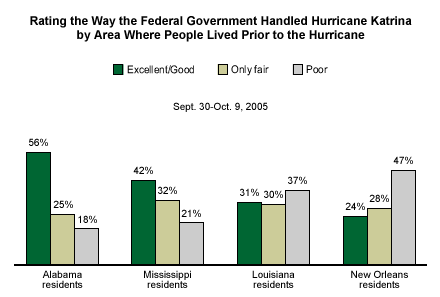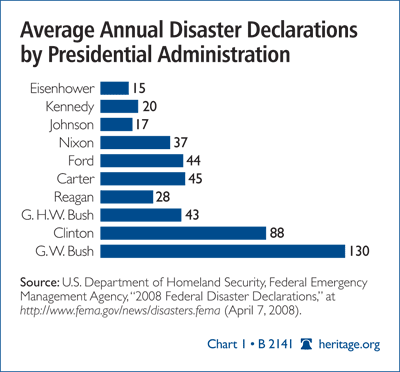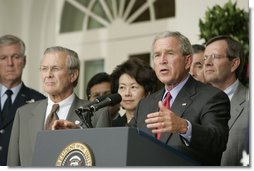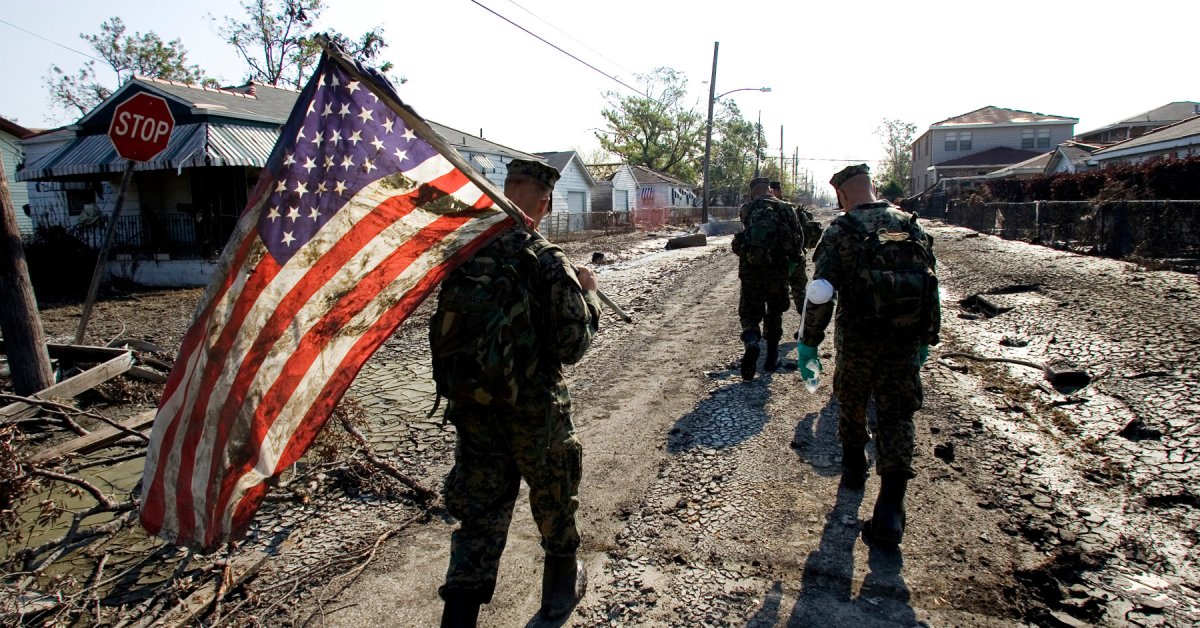Hurricane Katrina was one of the deadliest and most destructive hurricanes to hit the United States. It struck the Gulf Coast in August 2005, causing widespread damage and loss of life in Louisiana, Mississippi, and Alabama. The federal government's response to the disaster was widely criticized as inadequate and slow, leading to significant criticisms and calls for reform.
One of the main criticisms of the federal government's response to Hurricane Katrina was its slow response to the disaster. It took several days for federal agencies to deploy resources and personnel to the affected areas, which left many residents stranded and without assistance. This delay was due in part to the fact that the Federal Emergency Management Agency (FEMA), which is responsible for coordinating the federal government's response to disasters, was not well-prepared for such a large-scale disaster. Additionally, there were communication and coordination issues between federal agencies, which further hindered the response efforts.
Another criticism of the federal government's response was its lack of adequate resources and personnel. Many residents were left without food, water, and medical care for days after the hurricane hit, as there were not enough supplies and personnel to meet the needs of the affected population. This lack of resources was particularly severe in the city of New Orleans, which was hit hardest by the hurricane and suffered widespread flooding and damage.
In addition to the slow response and lack of resources, there were also criticisms of the federal government's decision-making during the disaster. Many residents and local officials felt that the federal government did not listen to their concerns or take their needs into consideration when making decisions about the response efforts. This led to further frustration and anger among those affected by the hurricane.
The federal government's response to Hurricane Katrina was ultimately deemed a failure, leading to significant changes and reforms within FEMA and other federal agencies. The Department of Homeland Security, which oversees FEMA, implemented a number of reforms to improve the agency's preparedness and response capabilities. These reforms included the creation of a National Response Framework, which outlines the roles and responsibilities of various federal agencies during a disaster, as well as the establishment of a National Disaster Medical System to coordinate medical response efforts.
In conclusion, the federal government's response to Hurricane Katrina was widely criticized as inadequate and slow, leading to significant criticisms and calls for reform. While the government has made efforts to improve its preparedness and response capabilities in the years since the disaster, it is important that the lessons learned from Hurricane Katrina are continually applied to ensure that future disasters are handled more effectively.






